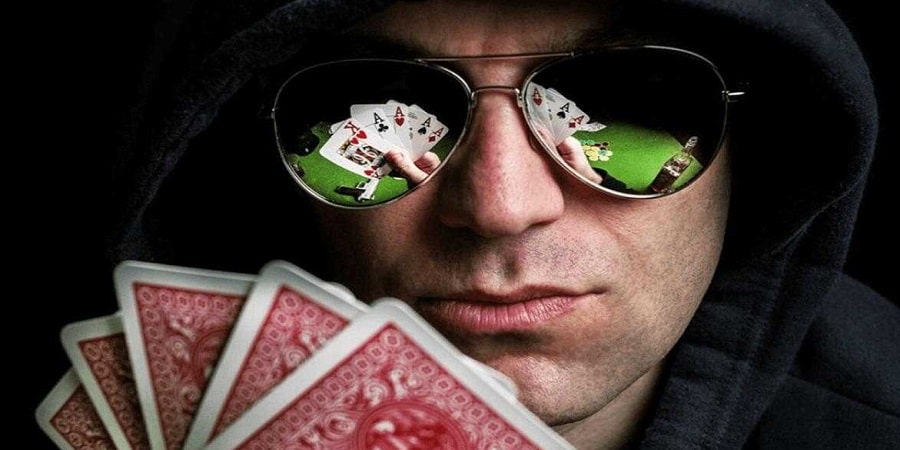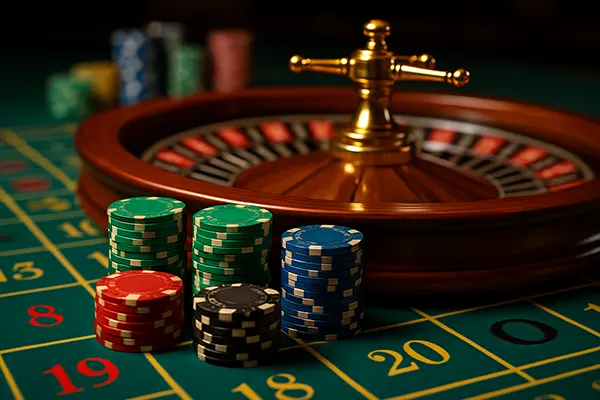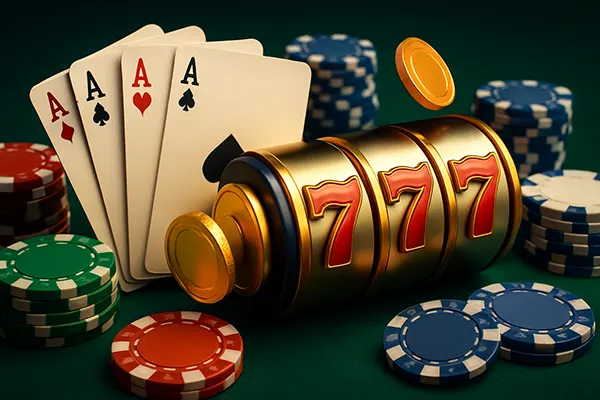
7 Bad Habits That Will Destroy Your Poker Strategy
When diving deep into the world of poker, strategy is key. But even the best strategies can be ruined by detrimental psychological habits. Understand and conquer these, and you’ll become a poker powerhouse.
Illusion of Control
- The Trap: Believing that you can influence uncontrollable events just by wishing them to happen.
- Why It’s Bad: This delusion can lead you to make irrational decisions based on what you hope will happen, rather than on the actual odds or strategy.
Bad Game Generated by a Good Result
- The Trap: Just because you won once using a particular move doesn’t mean it was a good move.
- Why It’s Bad: If you aren’t critically analyzing your decisions, you risk repeating mistakes. A win can come from the mistakes of others, not just your strategy.
Belief that Probabilities Change Over the Course of the Game
- The Trap: Assuming that because an event hasn’t occurred for a while, it’s more likely to happen soon.
- Why It’s Bad: This is the gambler’s fallacy. Poker is a game of independent events; the deck doesn’t “remember” past hands.
Insensitivity to Sample Size
- The Trap: Overvaluing short-term outcomes and neglecting the importance of larger data sets.
- Why It’s Bad: Small samples can be misleading. Consistent success in poker requires understanding the bigger picture.

Base Observation Bias
- The Trap: Giving too much weight to immediate and recent information, ignoring broader statistics.
- Why It’s Bad: It’s easy to be influenced by a few recent hands. However, making decisions based solely on recent outcomes can steer you wrong.
Tendency to Be Conservative
- The Trap: Playing it too safe and not taking calculated risks when they might be advantageous.
- Why It’s Bad: While reckless aggression is dangerous, a too-conservative approach can make you predictable and easily exploited.
Dunning-Kruger Effect
- The Trap: Overestimating your poker skills and understanding.
- Why It’s Bad: Overconfidence can blind you to your mistakes and hinder learning. Recognizing gaps in your knowledge is key to growth.
Conclusion
Poker is as much a game of the mind as it is of the cards. By being aware of and actively countering these psychological pitfalls, you not only improve your game but also give yourself a mental edge against those who succumb to them. Like a house of cards, one bad habit can topple your entire strategy. Build a solid foundation by recognizing and rectifying these habits, and you’ll stand tall at the poker table.



